
Finding the Story in the Emails
Office-based employees scrambled to adapt to remote work during the COVID-19 pandemic. Anecdotally, they were successful. But just how did…

Office-based employees scrambled to adapt to remote work during the COVID-19 pandemic. Anecdotally, they were successful. But just how did…

In Fairbanks, Alaska, air pollution levels are unusually high where air quality levels are driven by bitter temperatures and pollutants….

On the job, physicists who identify as LGBTQ+ experience—and also witness —behaviors ranging from shunning and homophobia to harassment at…
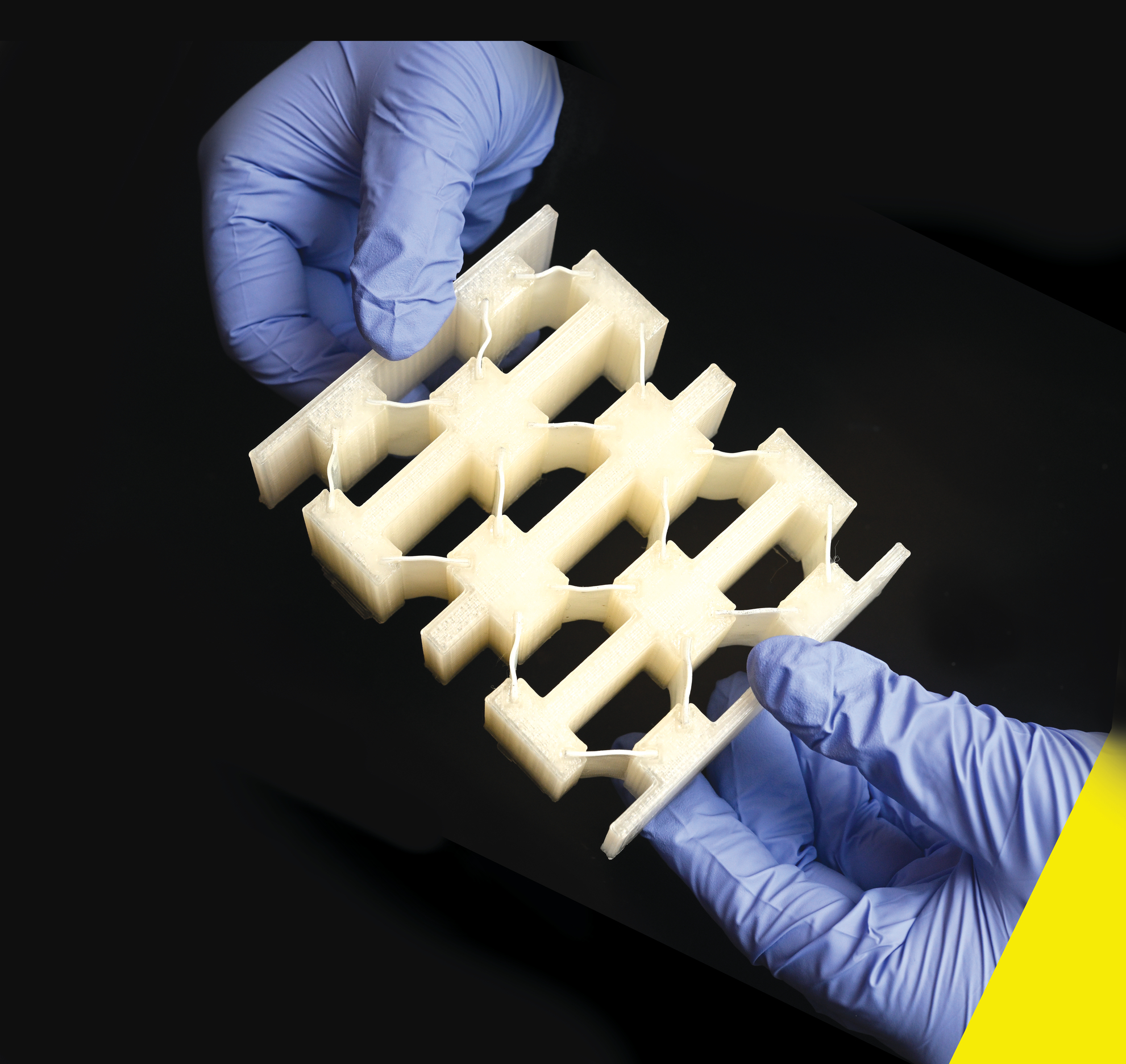
Johns Hopkins engineers have created a shock-absorbing material that is light and reusable—and potentially a game changer in the manufacturing…

“The first thing we’re thinking of is testing at airports and stadiums.” 4/13/22, Fast Company Ishan Barman, Mechanical Engineering, on…
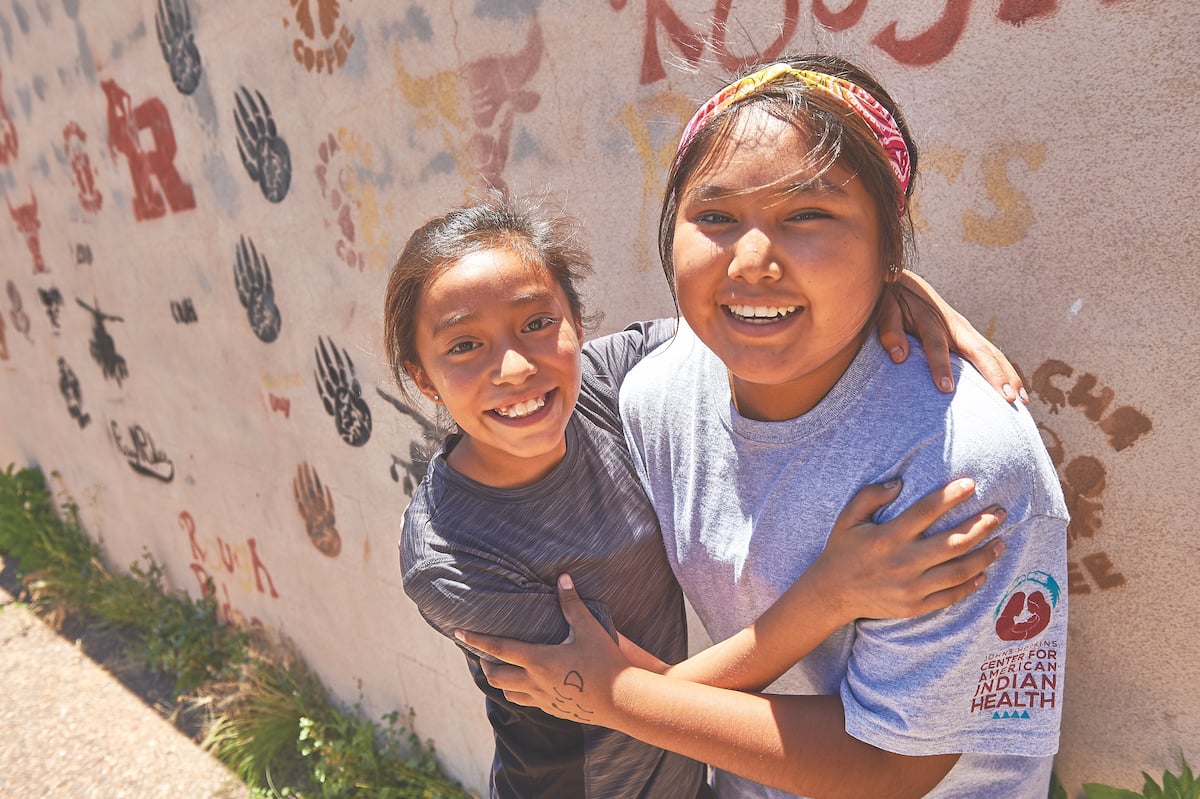
Johns Hopkins researchers are working closely with tribal leaders, adolescent girls, and their parents, as well as with teachers and health care workers, to put helpful resources directly into the hands of Native American girls.
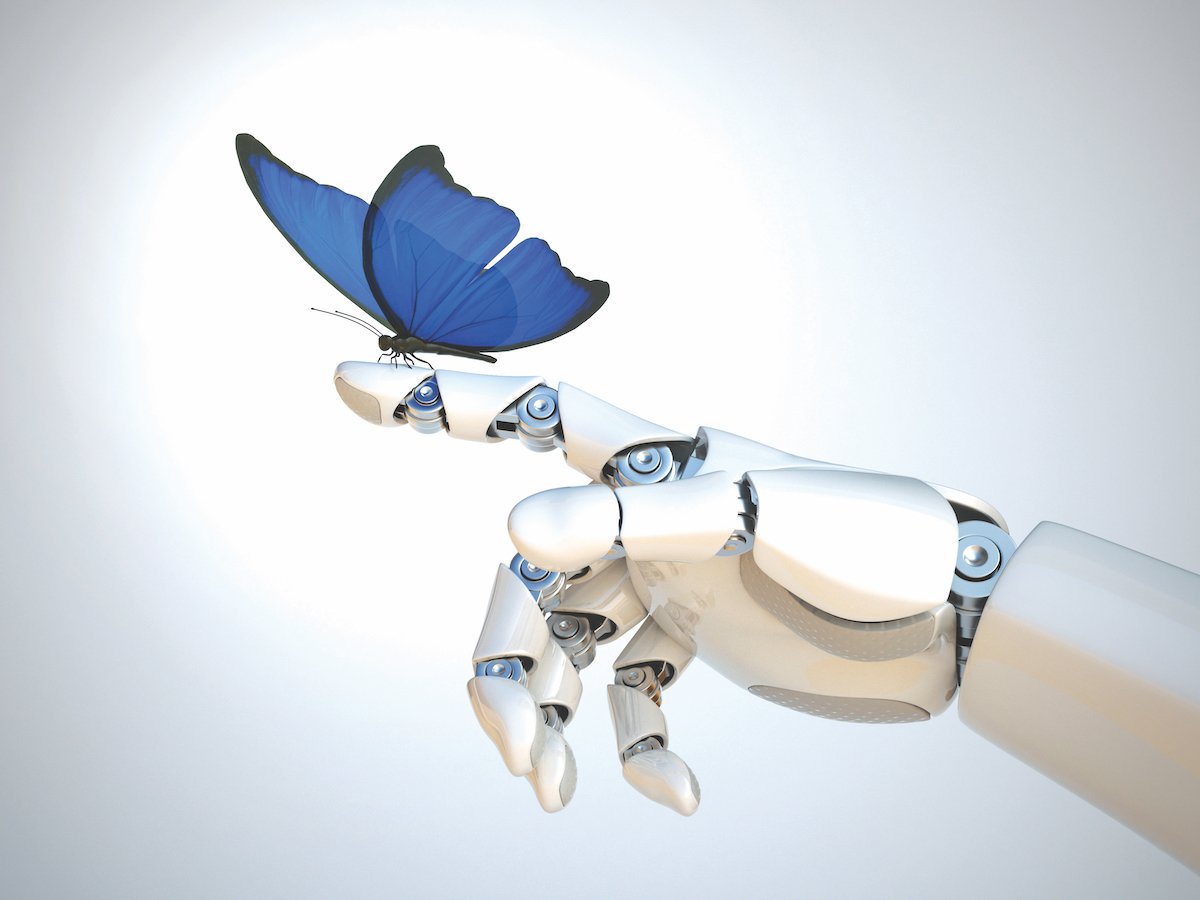
Johns Hopkins engineers are tackling one of today’s most complex and important technological challenges: how to ensure the safety of autonomous systems, from self-driving cars and aerial delivery drones to robotic surgical assistants.
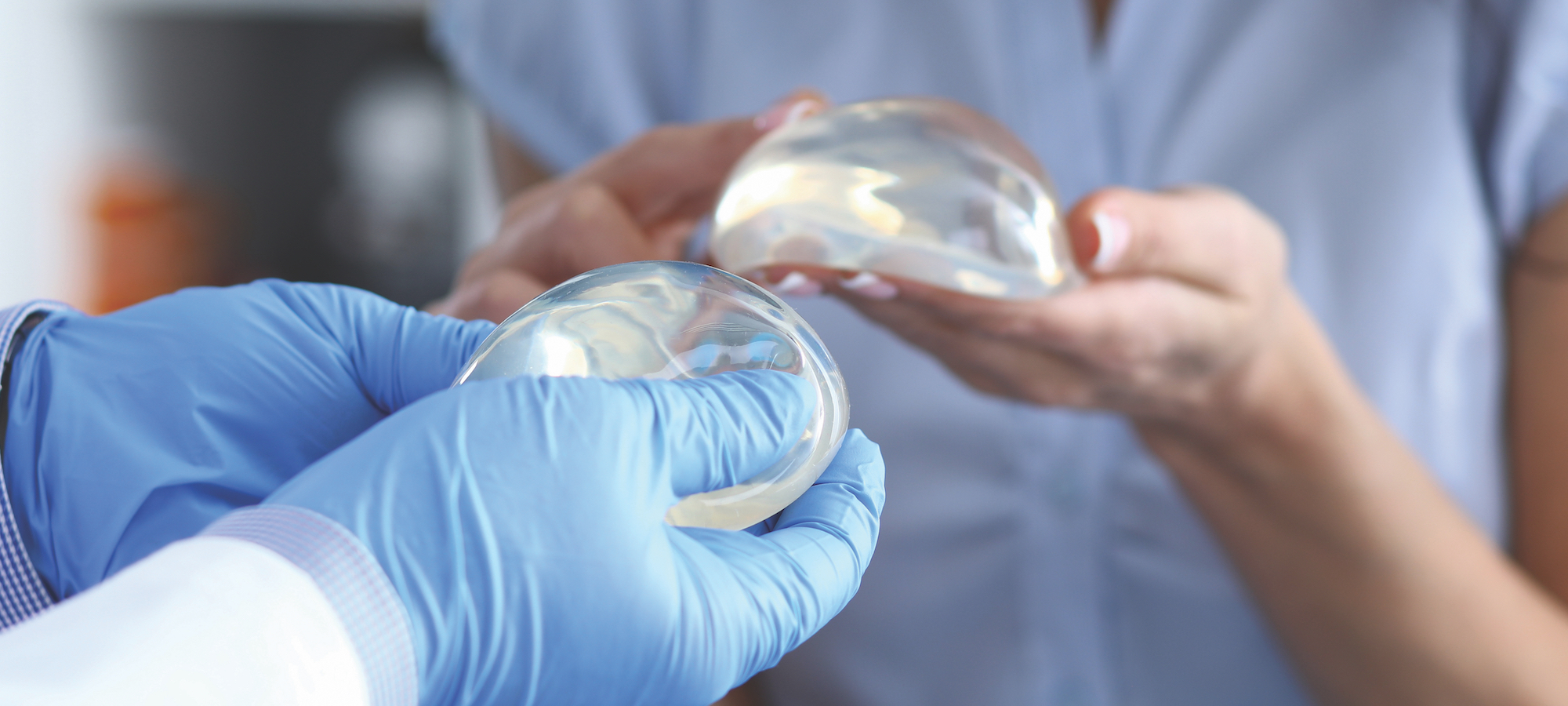
According to researchers at Johns Hopkins Medicine, the Massachusetts Institute of Technology, and Rice University, silicone breast implants with a smoother surface design have less risk of producing inflammation and other immune system reactions than those with more roughly textured coatings.
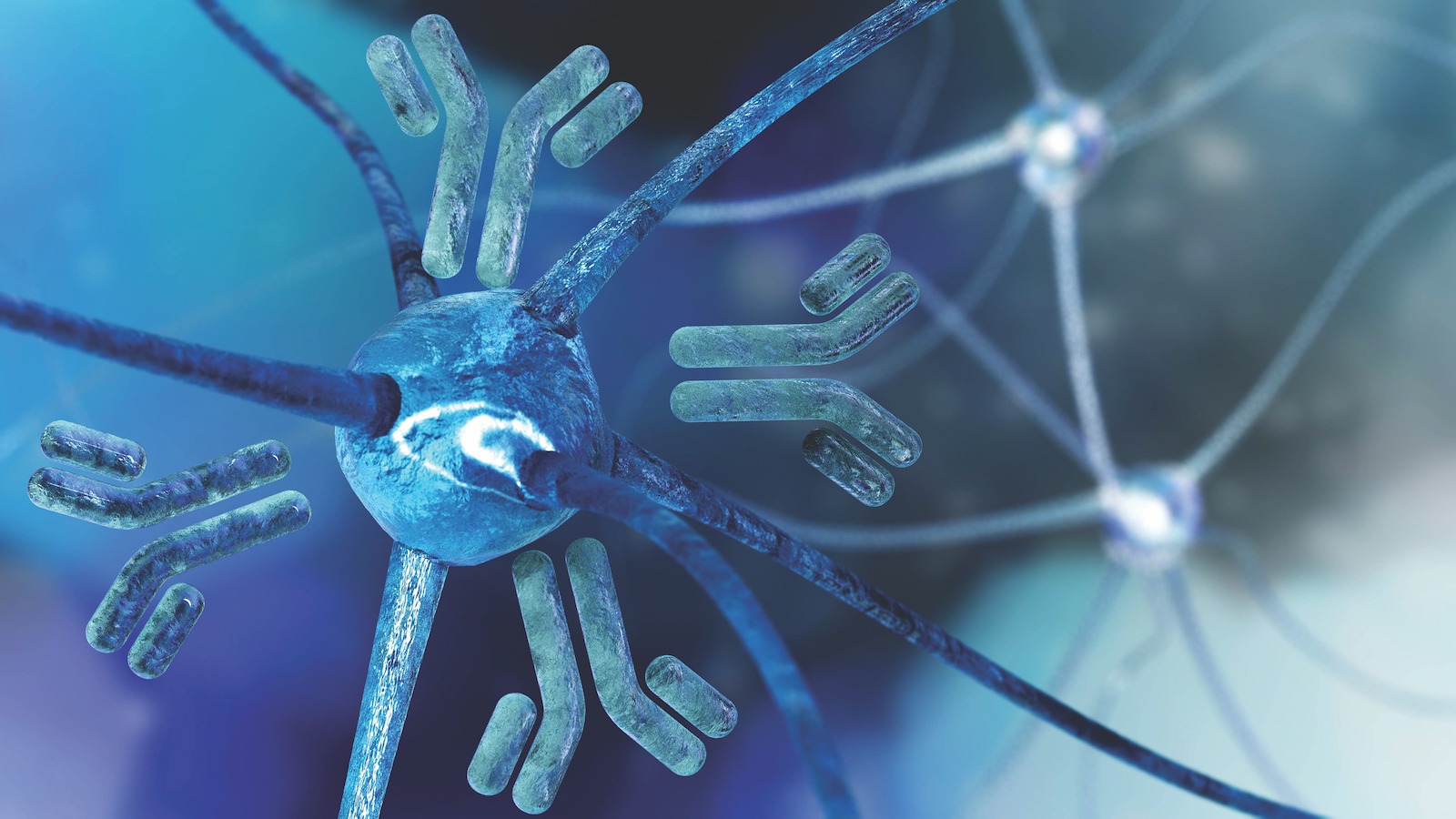
By launching AbMeta Therapeutics, a startup aimed at developing anti-metastatic therapies based on engineered antibodies, Denis Wirtz has served as a real-life example of the high value that Johns Hopkins places on entrepreneurship.